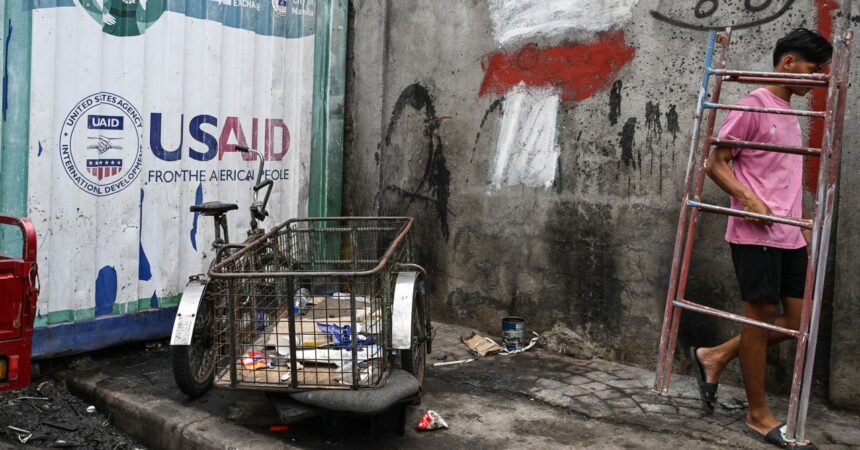Over the years, various programs have yielded positive results. For example, a four-year collaboration between the United States and the Philippines, initiated during the Trump administration and concluding in 2021, aided in the protection of numerous children: over 350 youngsters were rescued and supported, and nearly 100 possible criminals were apprehended. These recent funding cuts arise amid unprecedented discoveries of online child sexual abuse imagery.
“Both victims and offenders hail from a multitude of regions and nations, highlighting the need for sustained international cooperation and coordinated initiatives to comprehensively tackle these offenses,” remarks a representative from a South American organization dedicated to child protection and the fight against trafficking and online sexual abuse. Due to the sensitive nature of this work and concerns about future financing, the organization, like others cited in this article, has requested anonymity. “The interruption of these funds inherently curtails the breadth and effectiveness of these vital services,” they assert.
An individual involved with an organization managing several child protection initiatives notes that operations in one Southeast European nation have been significantly disrupted. Within this nation, the organization is caring for 147 trafficking victims, according to the individual. “The ongoing suspension and possible cessation of funding would greatly diminish our capacity to provide essential services to these victims, who are in delicate stages of their recovery—many of whom are receiving ongoing psycho-social counseling to address their trauma,” the individual explains.
Numerous members of LWOB (Lawyers Without Borders) express concern that children are being placed at greater risk within its projects in East Africa. “These children might go unidentified, and the strategies to alleviate their trauma are currently unsupported,” Ryckman states. “Even if they are identified, they may enter a pipeline requiring them to undergo repeated interviews about their trauma or confront their traffickers again.”
LWOB, in collaboration with partner organizations, has identified roughly 200 human trafficking victims in Tanzania, with most referred to safe houses, according to Lulu Makwale, a victim services coordinator at Lawyers Without Borders. “The majority of funding for safe houses has been halted, meaning that the services and the needs of these victims are also on hold,” Makwale reports. She notes that the organization has been facilitating connections between shelters and investigators until now. “Victims may not be as effectively linked to law enforcement at this time,” Makwale adds.
In addition to directly aiding victims, many initiatives also offer training or technical support to police, helping them to investigate crimes more effectively. One program highlighted in the State Department’s counter-trafficking funding list states it is training 10,000 police officers, prosecutors, and judges across 100 countries to combat online child sexual exploitation.
The individual with connections to work in a European nation indicates that their organization is managing 74 ongoing trafficking investigations, alongside 66 prosecutions currently underway. They assert that the changes in funding will have a “significant and detrimental effect on these criminal trials” and on the safety of individuals who may provide testimony in these cases.
Ryckman from Lawyers Without Borders mentions that the organization has recently finalized an online database aimed at identifying victims and tracking instances of online child exploitation in Kenya. While the database is operational, Ryckman indicates that future training efforts have been paused, leading to a slower adoption of the system. “I do believe it will be utilized, and it will be extremely beneficial,” Ryckman states. “However, these victims exist right now. They shouldn’t have to wait.”










